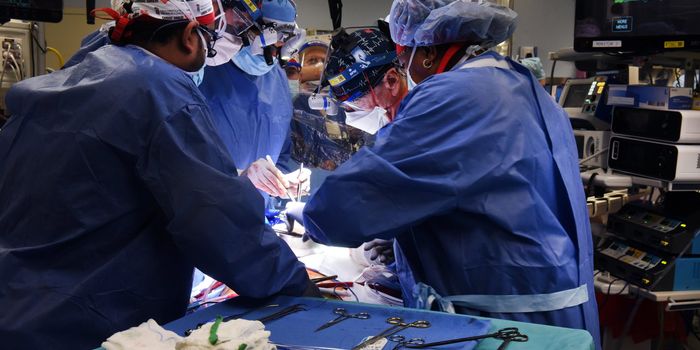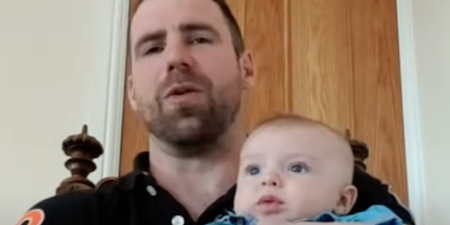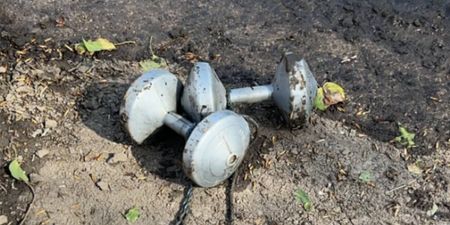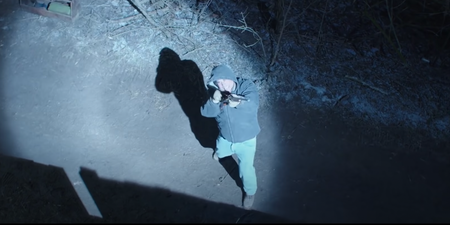Scientists are hoping the procedure could be a solution to the organ shortage crisis.
In a “first-of-its-kind” surgery, a patient in the US with terminal heart disease has received a transplant of a genetically-modified pig heart.
Three days after the operation conducted by the University of Maryland Medicine, the medical school says the 57-year-old patient David Bennett is “still doing well”.
According to the medical school, the organ transplant has demonstrated for the first time that a genetically-modified animal heart can function like a human heart without immediate rejection by the body.
Transplanting animal organs into humans is known as xenotransplantation and for many years, pig heart valves have been used successfully for replacing valves in humans.
However, the University of Maryland Medicine says xenotransplantation does carry risks, including the possibility of triggering a dangerous immune response in the patient with a potentially deadly outcome.
Scientists are hoping to solve this issue by removing potentially harmful genes to humans in the animal organs.
The genetically-modified pig heart implanted into Bennett was provided by regenerative medicine company Revivicor.
As part of the modifications, three genes responsible for rapid antibody-mediated rejection of pig organs by humans were “knocked out” in the donor pig, while six human genes responsible for immune acceptance of the pig heart were inserted into the animal genome.
Also, one additional gene in the pig was knocked out to prevent excessive growth of the pig heart tissue.
On top of this, Bennett was given an experimental anti-rejection drug.
“It was either die or do this transplant. I want to live. I know it’s a shot in the dark, but it’s my last choice,” said the patient one day before the surgery was conducted.
The medical school says Bennett is being carefully monitored over the next days and weeks to determine whether the transplant provides lifesaving benefits.
Scientists are hoping the new procedure could be a solution to the huge shortage of human organs donated for transplants.
“This was a breakthrough surgery and brings us one step closer to solving the organ shortage crisis,” said Dr Bartley Griffith who surgically transplanted the pig heart into the patient.
“There are simply not enough donor human hearts available to meet the long list of potential recipients.
“We are proceeding cautiously, but we are also optimistic that this first-in-the-world surgery will provide an important new option for patients in the future.”
Main image via UMMC/Twitter
LISTEN: You Must Be Jokin’ with Aideen McQueen – Faith healers, Coolock craic and Gigging as Gaeilge



















































